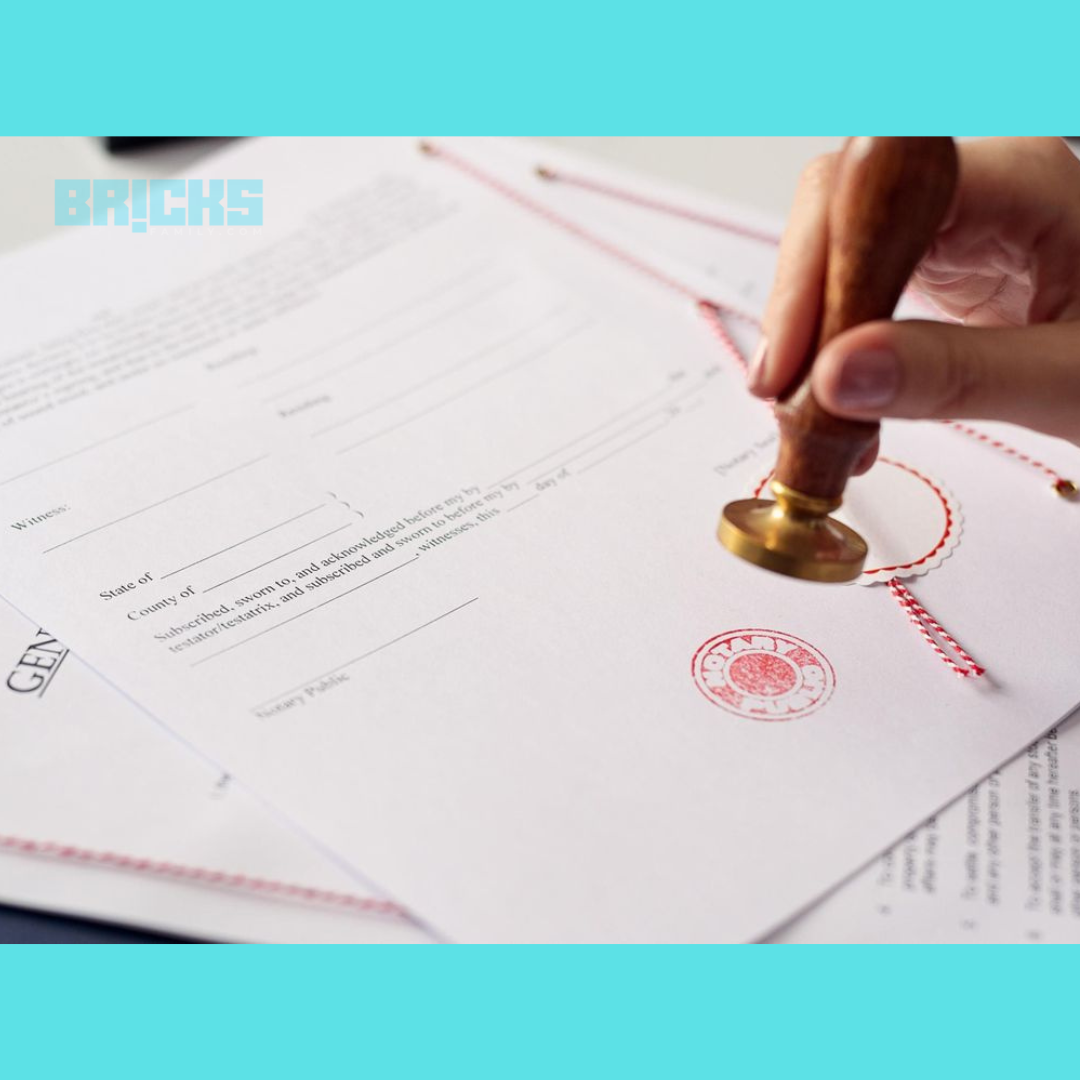Buying a condo is a substantial investment, and in the bustling towns of India, there are numerous elements that homebuyers should bear in mind. From location and price range to services and legal aspects, there is much to contemplate before you decide. In this blog, we will discuss ten crucial points that every homebuyer should consider before buying an apartment.
Important Laws to Keep in Mind While Buying a Flat
When buying property in India, it’s essential to be aware of and follow numerous vital laws and guidelines. Here are some critical criminal components to preserve in mind:

- Real Estate (Regulation and Development) Act, 2016 (RERA): RERA is a sizeable regulation that pursues to shield the pastimes of homebuyers and alter the real estate region. It mandates that builders sign up their initiatives with the respective country’s Real Estate Regulatory Authority and provide accurate undertaking information, including final touch timelines, format plans, and financial statistics.
- Transfer of Property Act, 1882: This act governs the transfer of assets in India. It outlines the policies for valid transfers, sales, mortgages, rent, and gifts and specifies the buyer’s and vendor’s rights and responsibilities. Ensuring that the property’s name is clear and the seller has the legal proper to sell the assets is crucial.
- Registration Act 1908 mandates the obligatory registration of belongings transactions exceeding specified thresholds. The purchaser should sign the sale deed or settlement to promote with the neighborhood Sub-Registrar’s Office in the prescribed duration to set up legal ownership.
- Indian Stamp Act, 1899: The Indian Stamp Act calls for the price of stamp responsibility on property transactions. Stamp responsibility costs range from country to nation and are normally a percentage of the belongings’ value. It is essential to pay the precise stamp obligation to validate the transaction and avoid felony complications.
- Income Tax Act, 1961: Purchasing property may have tax implications. It is vital to do not forget the earnings tax legal guidelines and provisions associated with assets possession, along with capital gains tax, condominium income taxation, and deductions available for home loans.
- Land Acquisition Act, 2013: This act regulates the purchase of land by using the authorities for public functions. Buyers ought to make certain that the belongings they are purchasing have now not been obtained or concerned in any felony disputes underneath this act.
- Municipal Laws and Development Regulations: Different municipalities and neighborhood government have their own regulations and rules concerning property development, creation, and land use. It is vital to conform to these policies to avoid any felony problems.
- Environmental Laws: Environmental policies and clearances may be required for positive styles of homes, especially those near ecologically touchy regions or concerning large-scale production. Compliance with environmental laws is essential to avoid prison consequences and future challenges.
- Foreign Exchange Management Act, 1999 (FEMA): If you are a non-resident Indian (NRI) or a foreigner shopping property in India, you want to adhere to FEMA policies, which govern belongings transactions via foreign individuals/entities.
Important Documents to Check While Buying a Flat
When buying a flat, it’s miles critical to thoroughly have a look at sure vital documents to ensure a smooth and legally steady transaction.
- Sale Deed: The sale deed is the most crucial record that establishes the ownership of the flat. It includes info on the client, vendor, belongings description, sale rate, and other applicable terms and situations. Verify that the sale deed is nicely completed, stamped, and registered.
- Mother Deed/Title Deed: The mother deed, additionally known as the title deed, lines the possession history of the belongings from its origin to the present-day supplier. It establishes the vendor’s proper to promote the flat. Ensure that the mother deed is within the vendor’s call and loose from any encumbrances or legal disputes.
- Encumbrance Certificate: The encumbrance certificate provides records of approximately any current mortgages, loans, or prison liabilities at the property. It is critical to verify that the flat is free from any encumbrances and that the vendor has a clear identity and authority to promote.
- Building Approval Plan: Obtain a duplicate of the authorized construction plan from the nearby development authority. Verify that the development of the flat complies with the sanctioned plan and the building rules set by using the government.
- Completion Certificate: The crowning glory certificates are issued through the neighborhood municipal company or improvement authority after the construction is completed. It certifies that the construction complies with all safety and first-rate standards. Ensure that the flat has a legitimate crowning glory certificate.
- Occupancy Certificate: The occupancy certificate is issued via the nearby authorities, indicating that the building is suited for occupancy. It means that the infrastructure, utilities, and protection measures are in place. Verify that the flat has a legitimate occupancy certificate.
- Property Tax Receipts: Request the seller to offer assets tax receipts for the flat for the past few years. This ensures that the property taxes are paid up to date, and there aren’t any exceptional dues.
- NOC from Relevant Authorities: If the flat is in a co-operative society or under a development authority, obtain a No Objection Certificate (NOC) from the society or authority. This ensures that there are no objections or pending dues related to the flat.
- Power of Attorney: If the vendor isn’t always the proprietor referred to within the identified deed but is promoting on behalf of the proprietor, make certain that a legitimate strength of attorney is in place. Verify the authenticity and validity of the strength of legal professional records.
- Allotment Letter and Possession Letter: If you’re buying a flat in a housing challenge or from a builder, acquire copies of the allotment letter and ownership letter. These documents detail the terms of the allotment and the ownership agenda.
It is noticeably advocated to discuss with a prison expert or a professional actual estate marketing consultant to confirm those files very well. Conducting due diligence on the documents will assist in protecting your funding and make sure secure and problem-unfastened ownership enjoy.
Buying a rental calls for careful consideration of more than one element. By keeping these ten tips in thoughts – vicinity, finances, builder’s popularity, prison due diligence, apartment size and format, amenities and centers, connectivity and infrastructure, renovation prices and society guidelines, resale value and appreciation, and project completion timeline – you can make an informed decision and discover an appropriate home that meets your desires and aspirations.
Remember to behavior thorough research, seek expert advice, and go to more than one residence before finalizing your purchase.
FAQs
1. Are there any specific criminal files I have to take a look at earlier than shopping for an apartment?
Before buying a rental, it is very crucial to affirm essential criminal files. Some of the vital documents consist of the name deed, sale agreement, constructing plan approvals, occupancy certificates, and finishing touch certificate. These files make sure that the assets are legally sound and in compliance with the essential policies.
2. How can I examine the builder’s reputation earlier than making a buy?
Assessing the reputation of the builder is essential to make sure first-class production and timely delivery. You can study the builder’s track record by checking their finished projects and evaluating the feedback from existing residents. Online forums, opinions, and social media platforms also can provide insights into the builder’s recognition, customer pleasure, and after-income carrier.
three. What elements ought to I recall while comparing the rental’s resale cost and appreciation ability?
To examine the resale value and appreciation potential of a condo in India, take into account factors together with the region’s growth potentialities, infrastructure improvement inside the region, upcoming industrial initiatives, and demand-deliver dynamics. Additionally, analyze historic rate trends in the area and discuss with actual property professionals to benefit a comprehensive understanding of the assets’s capability for destiny price appreciation.
four. How can I ensure a clean residing revel in inside the condominium complex?
To make sure a clean residing revel in, it’s far vital to recognize the renovation fees and societal regulations. Inquire approximately the protection charges, which include the frequency and mode of price. Additionally, cautiously evaluate society’s regulations and rules regarding noise restrictions, parking rules, puppy possession, and any other precise guidelines which could affect your lifestyle.
five. What are the important thing factors to consider in phrases of connectivity and infrastructure?
When comparing connectivity and infrastructure, don’t forget the rental’s proximity to major roads, public transportation options like metro stations or bus stops, and the provision of nicely-advanced infrastructure in the neighborhood. Assess future infrastructure tasks deliberately inside the area, which includes street expansions or upcoming metro traces, as they could notably affect commuting convenience and the general appreciation capacity of the belongings.















